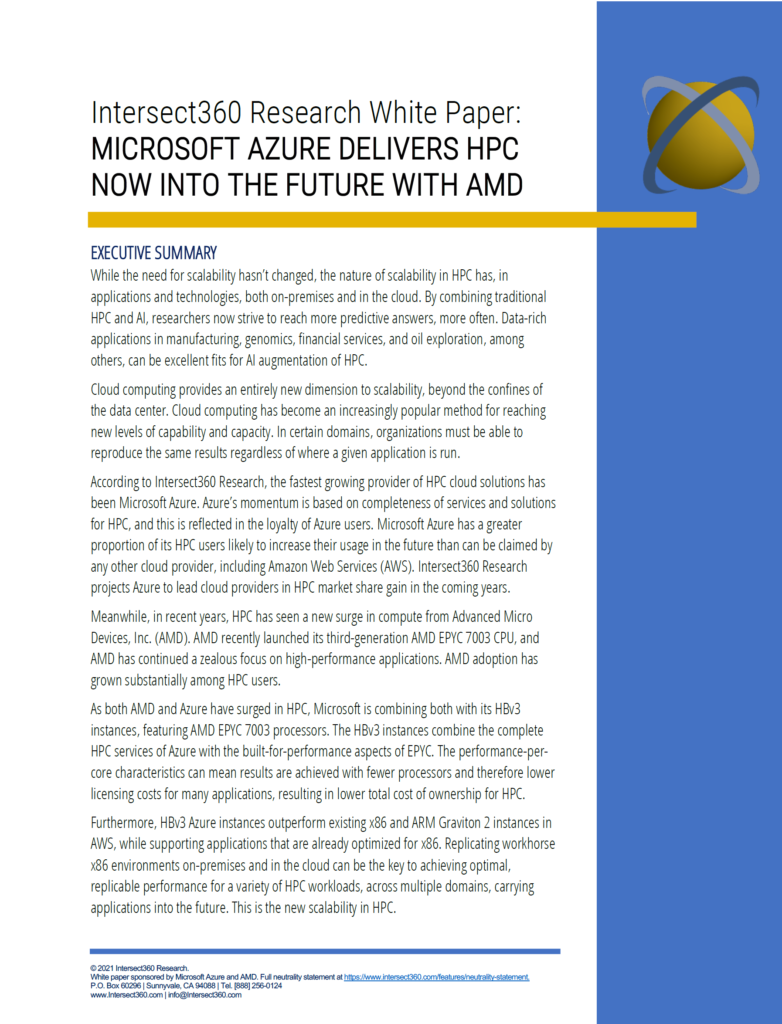In this year-in-review double-issue episode of @HPCpodcast, Shahin and Doug continue what is becoming a tradition, a discussion of some of the notable developments, trends and news stories of the past year in HPC, including : HPC market growth, the U.S.-China supercomputing competition and trade war, the official arrival of exascale-class supercomputing, quantum computing, SC22, artificial intelligence (including “sentient AI”) and machine learning, Jack Dongarra’s ACM Turing Award, the criticality of emerging interconnect technologies, the defunct Nvidia-Arm deal, the CHIPS & Science Act and the push for domestic chip production in the U.S., HPC software and fusion energy.
@HPCpodcast: All Things Quantum from 3 Practitioners at Brookhaven Lab (Guess Which Quantum Platforms They Use?)
Brookhaven National Laboratory’s Kerstin Kleese van Dam, Gabriella Carini, and Meifing Lin join Shahin and Doug to discuss all things quantum, covering quantum sensing, quantum networks and quantum computing. These women are the front lines of HPC and quantum, discussing the state of quantum capabilities today, workloads in which quantum delivers advantages over classical computing, and the challenges of quantum from an experience-based point of view.
@HPCpodcast at SC22: An Analysis of the New TOP500 List
This special SC22 edition looks at the new TOP500 list of the world’s most powerful supercomputers, released today. It marks the 60th edition of the list, repesenting 30 years of systematic data on the highest performing computer architecture and configurations. While this TOP500 is not full of surprises, there’s a new no. 1 at the top of the GREEN500, and across all the categories of the list there’s always important historical data and valuable tea leaves pointing to future trends….
@HPCpodcast: Industry Analyst Steve Conway Ranges Across the Global HPC Scene
In this episode of @HPCpodcast, Shahin and Doug caught up with Steve Conway, former senior advisor at Hyperion Research and now head of his own consulting firm, Conway Communications. A well-known HPC executive and analyst who was formerly with IDC and Cray, Conway engages us in a wide ranging discussion – we start with edge HPC and trends towards massively-distributed, massively-heterogeneous computing, which takes us to the convergence of HPC and AI, mixed precision spectrum, the importance of simulation, the impact of exascale on general computing, the “indigenous technology” trend that has taken root in the U.S., China and Europe and it’s impact on scientific collaboration, U.S.-China funding model differences, and the necessary ingredients for attracting top talent.
@HPCpodcast: AWS, Sun, eBay, Netflix (and Others) Vet Adrian Cockcroft Talks Cloud HPC-AI and the Amazon Sustainability Data Initiative
In our converesation with Adrian Cockcroft, we start with Netflix’s move to the cloud, a significant event that helped put cloud computing on the map. Then it’s on to Environment, Sustainability, and Governance (ESG), Formula-1 racing, and cloud configurations and interconnects for HPC and AI workloads. And we talk about accessing the Amazon Sustainability Data Initiative (ASDI) and its petabytes of data, including weather observations, ocean temperatures, climate projection data and satellite imagery, used by researchers and scientists….
@HPCpodcast: At the HPC User Forum — A Frontier Visit, the State of Quantum and Supercomputing Center Staffing Woes
In this episode of the @HPCpodcast we focus on the HPC User Forum, run by industry analyst firm Hyperion Research and held last week at Oak Ridge National Laboratory in Tennessee. The conference included an opportunity to get a viewing of Frontier, newly crowned as the world’s most powerful computer and the first to break the exascale barrier. You may have heard about it. The User Forum covered an array of topics, including the drama involved in getting Frontier over the exascale finish line in time for the mid-year TOP500 list. Also discussed was what comes next for leadership-class supercomputing, the state of quantum computing, and staffing problems at HPC sites that train graduates for careers in HPC and AI and who then jump to big tech companies for more money.
@HPCpodcast: Google’s Lifelike LaMDA AI Chatbot and Questions of Being or Nothingness
When a tech news story gets talked about on sports radio, you know it’s gone very viral. That’s what happened last week with the story about a Google engineer, Blake Lemoine, who declared that the company’s AI chatbot, LaMDA, is a person with rights. Lemoine promptly got suspended by Google for his trouble, and he says he won’t be surprised if he gets fired. In this episode of the @HPCpodcast, Shahin Khan of OrionX.net and insideHPC editor-in-chief Doug Black talk about LaMDA’s amazingly lifelike conversational capability, how it can ingest books and research papers and share insights about them in real time (i.e., during conversations), deep fake-related ethical questions raised by LaMDA, the urgency of thoughtful social policies based on ethical and legal frameworks and philosophical issues of sentience, being and nothingness – artificial and otherwise.
@HPCpodcast: On the Scene at ISC 2022 – HPE, AMD Make TOP500 News; Intel Makes News of Its Own
ISC 2022 in Hamburg was notable for a number of reasons – it was not only the first in-person ISC since 2019, it also provided a plethora of major news. This included big changes at the top of the TOP500 list of the world’s most powerful supercomputers, and the Frontier HPC system at Oak Ridge National Lab surpassing of the exascale milestone. While AMD, whose chips power Frontier, and HPE, which built Frontier, were the conference’s spotlight vendors, Intel also made some impressive product announcements, as analyzed in this discussion by Shahin Khan. You can find our podcasts at insideHPC’s @HPCpodcast page, on Twitter and at the OrionX.net blog. Here’s the RSS feed.





